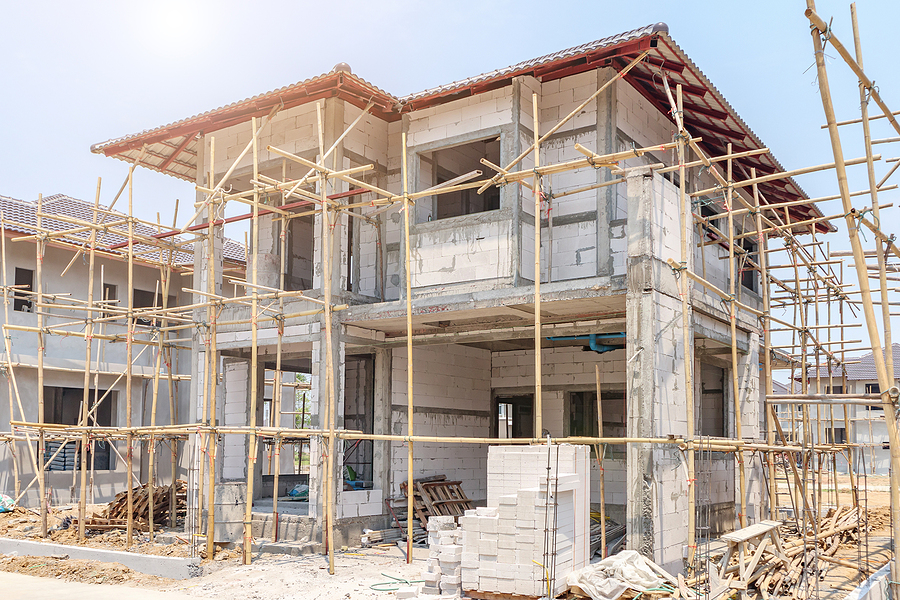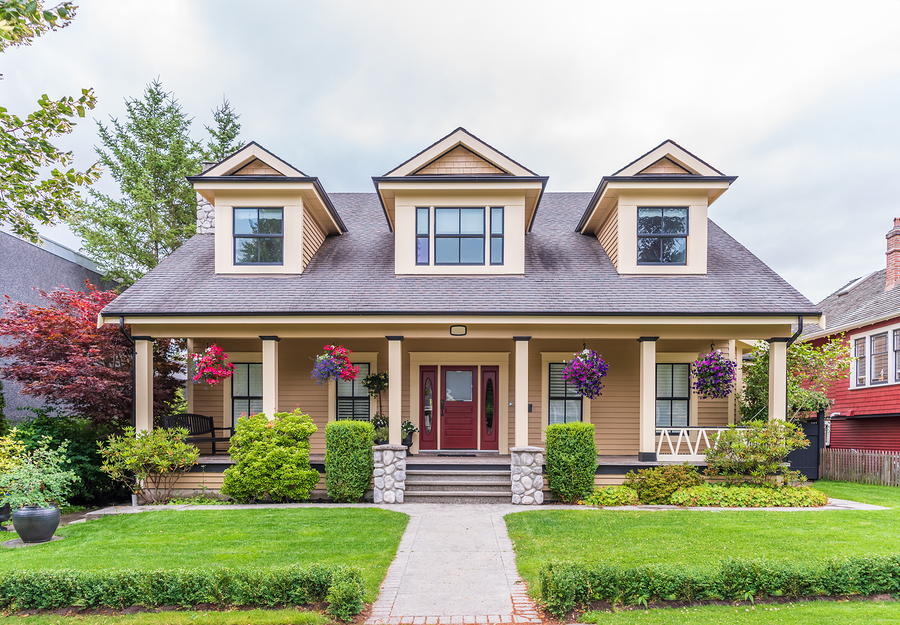Alt Title:
New construction homes often end up with defects that homeowners struggle with. No construction project is perfect, but it might seem like modern new construction homes are built to lower standards than their predecessors. Is this intuition really true? And either way, what recourse do you have if you do find defects in your new construction home?
The Inevitability of New Construction Defects
First, it’s important to acknowledge that new construction homes will inevitably have defects associated with them. No matter how good the builder is, or how committed they are to making a great home, you are going to find something wrong with it. This runs counter to most people’s intuitions, as most people believe a new product should be perfect or borderline perfect. But the reality is, a house is an extremely complex product worked on by dozens, or even hundreds of people. You can’t reasonably expect this type of product to be flawless.
What you can reasonably expect is that the flaws and defects you find are minimal – and that the builder is willing to correct them. Most people have to deal with minor issues like nail pops and slightly misaligned fixtures. These are to be expected, and most construction companies make it easy for you to report these issues so they can fix them quickly and conveniently. In line with this, most new home purchases come with various warranties, guaranteeing the quality of the work associated with different elements of the home.
Typically, you’ll be able to make an online report or phone call to flag the issue in question and schedule a time for it to be addressed. If this doesn’t work, you may need to gather more evidence and follow up. Still, most people will eventually be able to have the builder fix whatever is wrong for free.
If you can’t make any progress with your builder, you may need to take legal action. A new construction defect attorney can advise and represent you in this matter, applying pressure to motivate the builder to take corrective action – and fighting for damages if necessary. Your lawyer can help you evaluate the situation, better understand your warranties and legal protections, and eventually put together a plan to make things right.
“They Don’t Build Them Like They Used To”
When people discover flaws in new construction homes, they immediately jump to the conclusion that new homes must be worse than old homes, neglecting the possibility that old homes may have had similar defects at the time after being constructed.
However, there are some reasonable arguments to be made that “they don’t build houses like they used to.” For example:
- Cost cutting measures. Home construction experts seek profit, like any other professional. Accordingly, builders and contractors try to cut costs wherever they can, maximizing profit in the process. Over the years, these trimmings have become more and more efficient, arguably reducing the quality or attention to detail associated with various builds. Still, builders and contractors must adhere to safety regulations and meet certain minimum requirements.
- Material availability. Variable material availability can also impact the quality of a new construction home. For example, during the COVID-19 pandemic, there was a massive shortage of wood – and wood prices skyrocketed as a result. Builders facing rising prices or limited availability of product must sometimes make the difficult decision to use inferior types of products. However, this isn’t a standard feature of all new construction homes.
- Material degradation. In some niche instances, the most abundant types of products today are genuinely inferior to the most common types of products used a century ago. For example, our changing approach to harvesting wood has led to an abundance of new growth wood, which is arguably less rigid and less durable than old growth wood. This shouldn’t cause any major safety or structural concerns, but it is a quality worth noting.
- Shifting contractor availability. Home construction companies usually work with many subsets of contractors and subcontractors, leading to greater variability in the quality of homes produced. If the best contractor in the area isn’t available, and the construction company is on a tight deadline, they might be forced to use someone with a lower reputation.
Updated Building Codes and Standards
On the other side of this spectrum, we can make the argument that newer homes are actually superior, because they’re built with updated building codes and standards. Human knowledge has advanced considerably in the last several decades, allowing us the insights to build safer, sturdier houses. If you know anything about knob and tube wiring, you know this to be true.
The Role of Survivorship Bias
Survivorship bias is a cognitive bias and logical error that people frequently make when judging the efficacy or success rate of an entity that has passed through a series of challenges. This bias occurs due to insufficient availability of data; when judging a selection of successful entities, we have a tendency to ignore the failures.
This applies to new construction homes as follows: we don’t see all the houses that have been demolished over the years, nor do we see all the repairs and renovations that were necessary to keep old homes in good condition. Accordingly, we have a tendency to judge the very best old homes against a full selection of new homes. It’s simply not a fair comparison.
In summary, while there are some arguments that older homes had some structural advantages, it’s not reasonable to suggest that all new construction homes are worse than their older counterparts. That said, flaws and defects in new construction homes are notoriously common, and if you plan on buying a new construction home in the near future, or if you currently have one, you’ll need to prepare for that.
If you aren’t able to get these necessary repairs addressed by your builder, reach out to a new construction defect lawyer to potentially plan legal action.
Image Source: BigStockPhoto.com (Licensed)
Related Categories: Home, Reviews








